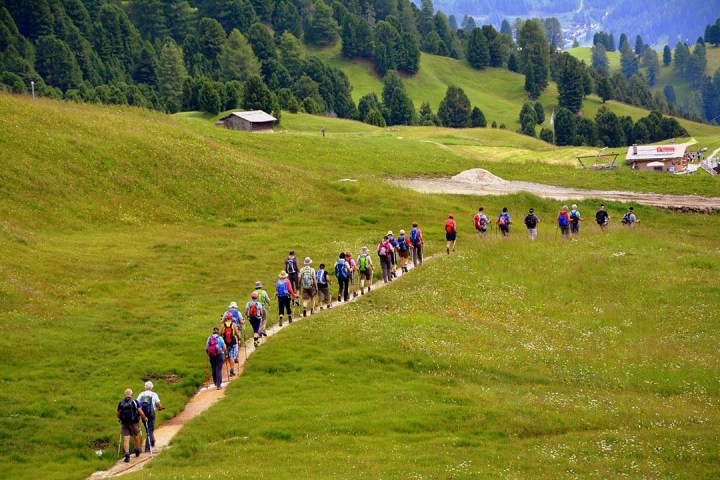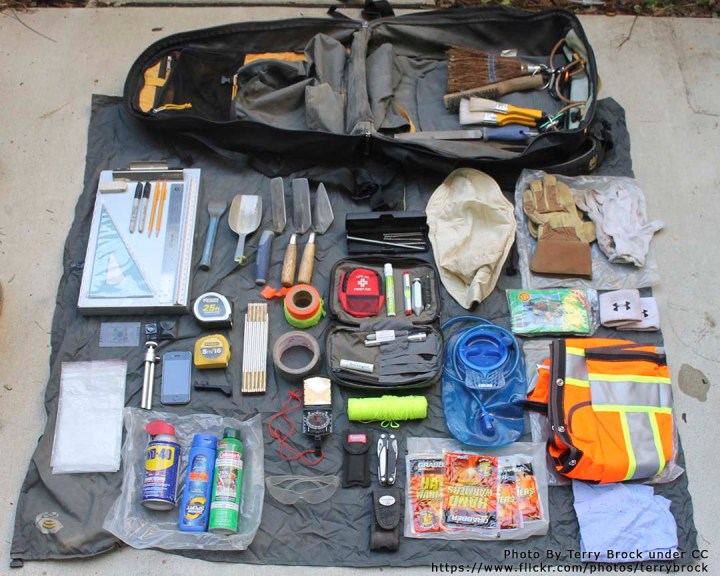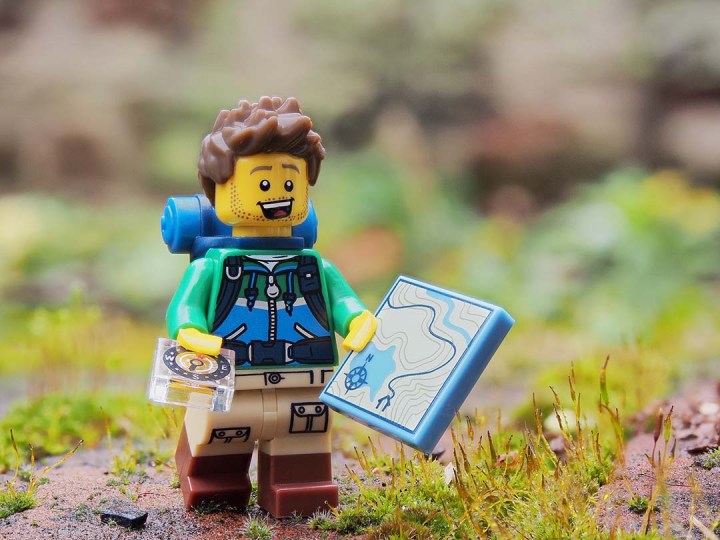
There are many groups out there organising hiking trips to anyone who is keen to do hiking. Some are doing it as an interest group to earn some money while pursuing their passion for hiking. There are also the professional outfitters – tour agency operators who focus on doing organised hikes.
Things are usually smooth sailing and uneventful during most hiking trips. However, when things go wrong in the outdoors, it can be catastrophic.
But, what could actually go wrong?
There are accidents of people who slip off a cliff and falling to their death, people who die because they underestimated the seriousness of high altitude, or just being unlucky by encountering a flash flood and be swept away.
I like to highlight that safety is of utmost importance on every hiking trip and it should be the main consideration on how you choose your hiking trip organiser. Similarly, your organiser should prioritise your safety as the most important aspect.

I have been both an organiser and a participant on numerous trips, and here are four tips on choosing the right hiking trip organiser. This is especially useful if you are a first-time hiker or have joined some hiking trips and thinking to go for more serious hikes.
1) Know if the organiser is an interest group or a professional outfitter
I generally find interest groups place lesser emphasis on safety than professional outfitters. The interest group’s guide to participant ratio is also much higher.
I once joined a 1-man show interest group for a supposedly simple one day hike in Malaysia for a group of 15 people. It turned out that our route was totally destroyed and we had to find a new route to the waterfall. While the leader was busy finding the route, many of the participants were left to struggle on their own, hiking on difficult and at times slightly dangerous paths that were right beside a cliff.
My friends and I ended up guiding the participants to navigate through the tougher terrain. Though nothing happened during the trip, we cannot deny the fact that things could go very wrong during such circumstances, especially when so many of the participants are first-time hikers and the guide was too busy finding the route to keep an eye on them.
I find that a good ratio is 1 guide to 5-7 people for a trip. Any bigger a group, it would require 2 people at least, so 1 guide could be at the front leading the way and the other at the back to take care of the slower participants.
If you are a total newbie, I highly recommend for you to go with someone who is experienced in hiking or you know that the organiser will have someone who will have the time to guide you along.
2) Understand the hiking place & its risk
A simple google search will let you know how’s the terrain like and if there are any past accidents previously. Do your homework and gauge if you and/or your organiser is equipped to handle it.
Most hikes in Malaysia have low chances of accidents (except for Bukit Tabur and a couple of others). For high-risk places, it’s a no-brainer that a newbie shouldn’t be joining an interest group run by a 1-man show.
Altitude motion sickness can be fatal. If you haven’t been on any terrain above 3000m and thinking to go for one, take it easy for the first few days and see how your body copes with the new environment.
3) Check if your organiser knows how to react in times of emergency
This is especially important for serious hikes like multi-day trips or high altitude in the Himalayas.
Analyse the possible circumstances and your organiser’s ability to handle them. For instance, if you happen to break your leg up in the mountains, does the organiser know how to bring you down or at least who to call for help? If you have altitude mountain sickness, does your guide knows the symptoms, provide immediate remedy assistance and are they ready for evacuation?
A good gauge would be to ask your organiser the risks involved in the trip and how they plan on handling them. You need to feel assured that they have a risk management plan on hand. At the minimum, they should be asking for your medical condition, medical history and emergency contact details.
4) Ask for references
Last but certainly not the least, remember to ask your organiser for references from previous clients. This gives you the opportunity to obtain real advice from people, on their experiences with the organiser. On the other hand, if you don’t really want to talk to strangers, you can always look for reviews online. Look through Facebook’s Groups or TripAdvisor for fellow hiker’s recommendations to narrow down the trip organiser for selection.
The mountains will always be there. If you can’t see it today, you can still see it another day. Think of your safety and don’t underestimate the dangers of being in the outdoors.



Wow great! This is the exact thing that I was looking for, and i found this amazing thanks!
A good blog always comes up with new and exciting information and while reading this article, I do get a vibe that this blog really have all those qualities.
We also do have something worth mentioning : terranovaadventure